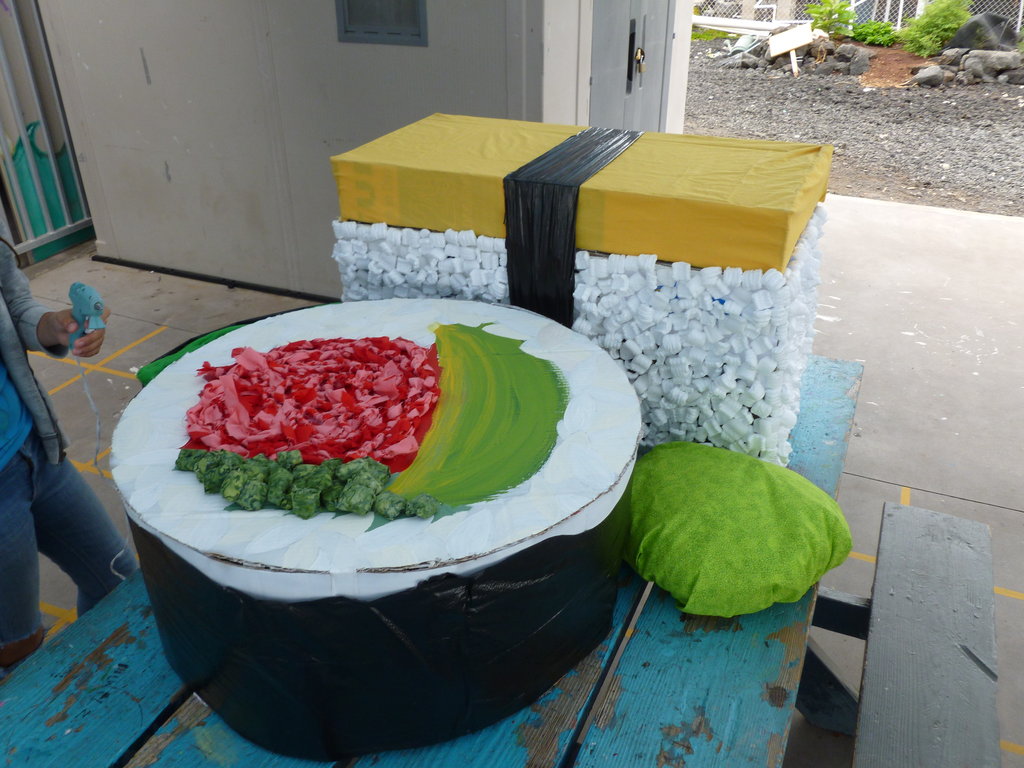I spent the five happiest years of my life in a morgue. As a forensic scientist in the Cleveland coroner’s office I analyzed gunshot residue on hands and clothing, hairs, fibers, paint, glass, DNA, blood and many other forms of trace evidence, as well as crime scenes. Now I'm a certified latent print examiner and CSI for a police department in Florida. I also write a series of forensic suspense novels, turning the day job into fiction. My books have been translated into six languages.
As far as I know, it doesn't. As long as YOU weren't convicted of a felony.
That's a determination a pathologist is going to make, not me. But they have told me that drowning is sort of a process-of-elimination conclusion, since there may or may not be water in the lungs whether or not the person died of drowning.Sorry I can't be more help!
That depends on where you want to work and what kind of work you want to do. If you want to be a DNA analyst, take biology and biochemistry and don't worry so much about general forensics. If you want to work crime scenes, then you might want a forensic sciences program. The best way to know is to call places you might want to work at--say your dream jobs, even if they're in another state--and ask them what they require and what they look for. That's the only way to know for sure.
That's actually two different issues. Moving a body can be determined by lividity--the blood pools at the lowest points of the body and becomes fixed, so if the lividity is not consistent with the position of the body, you can tell it was moved. I believe a pathologist would be able to see the signs that a body had been frozen (provided of course it hasn't completely decomposed by the time it's discovered) but I couldn't tell you what they are.
Sushi Chef
 Is there THAT much difference in quality between the fish served at mid-range vs high-end places?
Is there THAT much difference in quality between the fish served at mid-range vs high-end places?
Election Inspector
 Do most poll staffers agree that the ballots are REALLY confusing?
Do most poll staffers agree that the ballots are REALLY confusing?
Day Trader
 What's the difference between a trader and a hedge fun guy?
What's the difference between a trader and a hedge fun guy?
Yes, about 60 times, and I may be going again this week. It's one of those 'doesn't rain but pours' kind of things. I might go twice in one week and then not again for months. It's incredibly frustrating, time-consuming, nerve-wracking and super not fun. You have no control over anything, not when you have to be there, not how long you have to be on the stand, not what kind of questions you'll be asked, and you get no warning of any of these things beforehand.
School project?
All our jobs vary wildly, so what's easy and hard for me might be completely different for, say, a toxicologist or medicolegal death investigator. For me I would say the easiest is working with fingerprints in the office. It's tedious and time consuming, but not hard. The hardest part is testifying in court, which is inconvenient, nerve-wracking and often insulting on a number of levels.
it is always helpful to know what will give a false positive result. Hemastix will also react with a few other substances, such as vomit for one. That's why it's called a prelimary test and not a confirmatory test. Good job!
-OR-
 Login with Facebook
Login with Facebook (max 20 characters - letters, numbers, and underscores only. Note that your username is private, and you have the option to choose an alias when asking questions or hosting a Q&A.)
(A valid e-mail address is required. Your e-mail will not be shared with anyone.)
(min 5 characters)
By checking this box, you acknowledge that you have read and agree to Jobstr.com’s Terms and Privacy Policy.
-OR-
 Register with Facebook
Register with Facebook(Don't worry: you'll be able to choose an alias when asking questions or hosting a Q&A.)